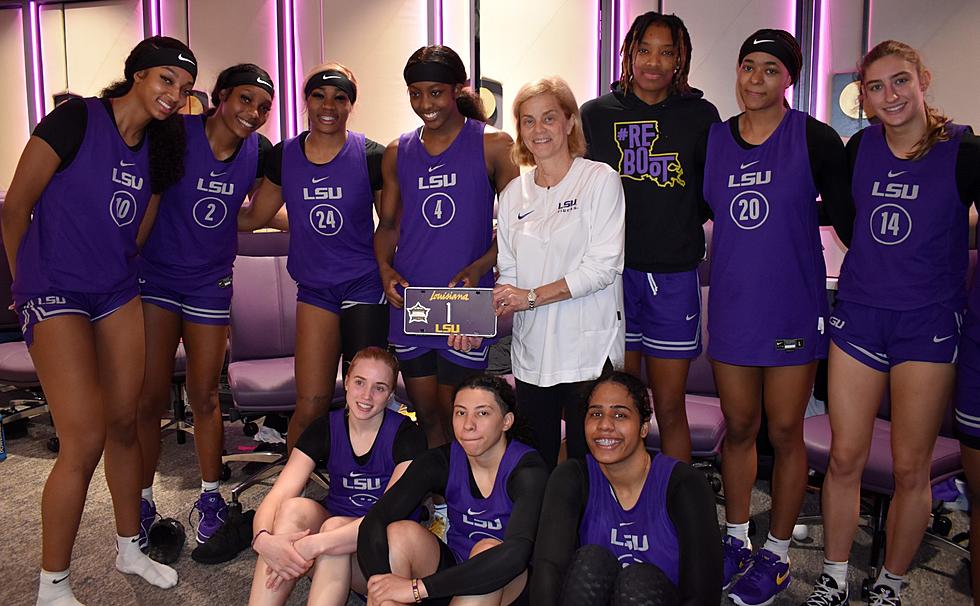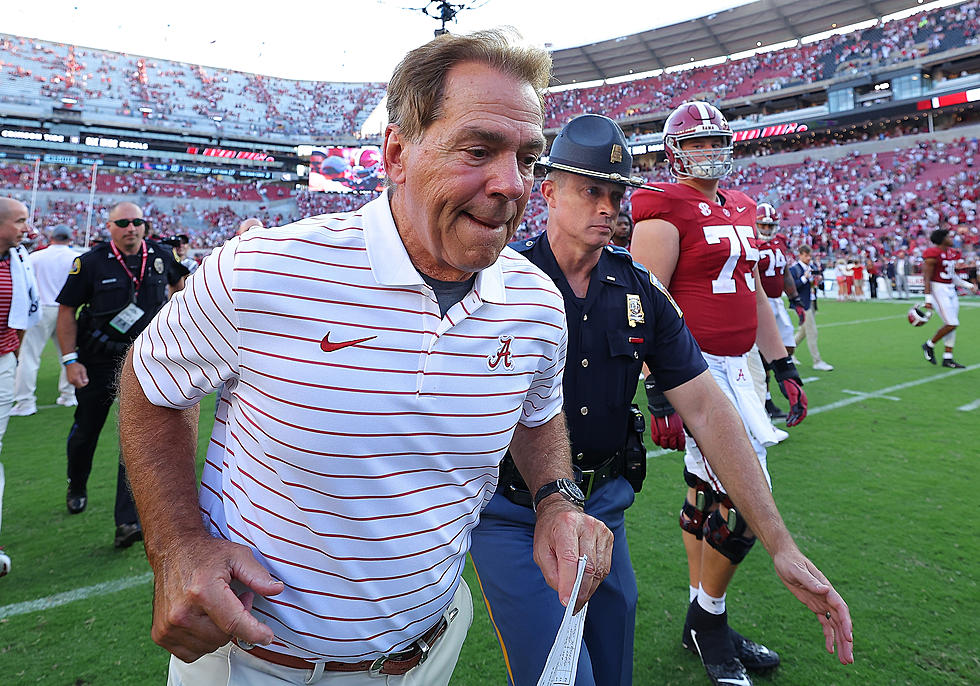
NCAA Considering Three New Football Rules To Promote Player Safety
Player safety is the biggest issue for the sport of football at all levels right now. With increased awareness about concussions and other injuries, it's time to take safety seriously.
The College Football Rules Committee recently recommended three rule changes to help address player safety, and they're not just to help decrease concussions. The three rule changes could actually help decrease knee injuries, which are just as catastrophic.
One of the rules would prevent defensive players from leaping over or hurdling offensive lineman on field goal or extra point attempts, another would extend the horsecollar tackle penalty to the nameplate on the jersey, and the last is an equipment suggestion to require players to wear pants that cover their knees and knee pads.
Currently, players trying to defend kicks are allowed to leap over players, as long as they don't land on another player. While it's an exciting play when it works, it's also dangerous. If a player on the line of scrimmage raises up in the middle of a leap, they could catch a knee to the head, and of course, the leaping player could get upended and take an awkward landing. This rule makes a lot of sense, even though coaches and fans might not like it.
The second rule change proposal is already in place in the NFL. In college football, defenders are still allowed to yank ball carriers down using the nameplate on their jersey, which is an illegal play in the NFL. Not only does this train college players to abide by the NFL rules, it gets rid of a play that can lead to a variety of nasty injuries.
When it comes to equipment, a lot of players in the modern era choose not to wear knee pads. Anything that restricts their ability to move quickly is typically thrown to the wayside, but a knee pad requirement would certainly aid in decreasing the amount of knee injuries. If Leonard Fournette was wearing knee pads this season, he might not have suffered his injury.
Again, these are just rule recommendations from the College Football Rules Committee. Now, the proposals go to Playing Rules Oversight Panel. There's a process to follow, but there's a solid chance all three rule changes will be approved.
The College Football Rules Committee did decide to leave the targeting penalty alone though. They considered making alterations to how targeting is called, but committee chair Bob Nielsen said they saw enough change last year to leave it as-is.
“The change we have witnessed in player behavior has been significantly positive,” Nielson said. “The adjustment made last year to allow the replay official to examine all aspects of the targeting rule was a positive change.”
The committee also discussed ways to speed up the game and streamline the product with television broadcasts. With all the TV dollars pouring in, that shouldn't come as any surprise.
If the rule changes pass, they will go into effect for next season. If they help decrease injuries without massively altering how the game is played, it's change for the better.
More From 103.3 The GOAT









